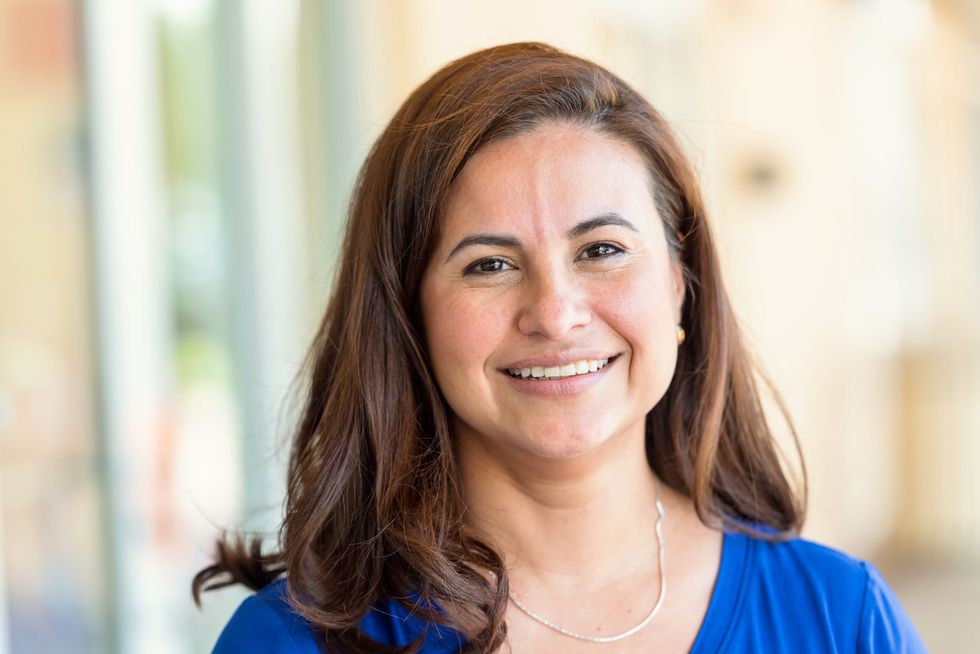You may be 50 or older, but you don't have to feel like you're over the hill. Many women enjoy this special time of life and feel renewed. You have decades of life experience and may have achieved many of your goals. Your children are probably grown—or getting there—and now you have more time to devote to your own interests.
Giving more time and attention to your health needs is especially important at this stage in life. This is the decade of the hormone—specifically, estrogen. Your estrogen level has been declining gradually as menopause gets closer. In fact, all your ovarian hormones drop significantly in your 50s, which is what causes menopausal symptoms and changes.
The average age of menopause for U.S. women is 51, with most women reaching this milestone somewhere between ages 45 and 55. You're considered "menopausal" when you haven't had a menstrual period for 12 consecutive months.
While menopause signals the end of the menstrual cycle and your reproductive years, less estrogen also means major changes for your body in other ways, too.
Be prepared for these changes so you can continue to live life to the fullest. These articles below will give you the information and inspiration you need to continue to age well.
Health in Your 50s: The Consequences of Life's Choices
Health in Your 50s: Questions to Ask Your Health Care Professional
Health in Your 50s: Preventive Health Screenings You Need
- Will Your Marriage Survive Menopause? ›
- How to Stay Heart-Healthy After Menopause ›
- The Secret to Combating Perimenopause Weight Gain ›
- Menopause and Chronic Health Risks ›
- How to Have the Best Sex of Your Life After Menopause ›
- The Truth About Menopause and Weight Gain ›
- How To Talk to Your Healthcare Provider About Menopause - HealthyWomen ›







